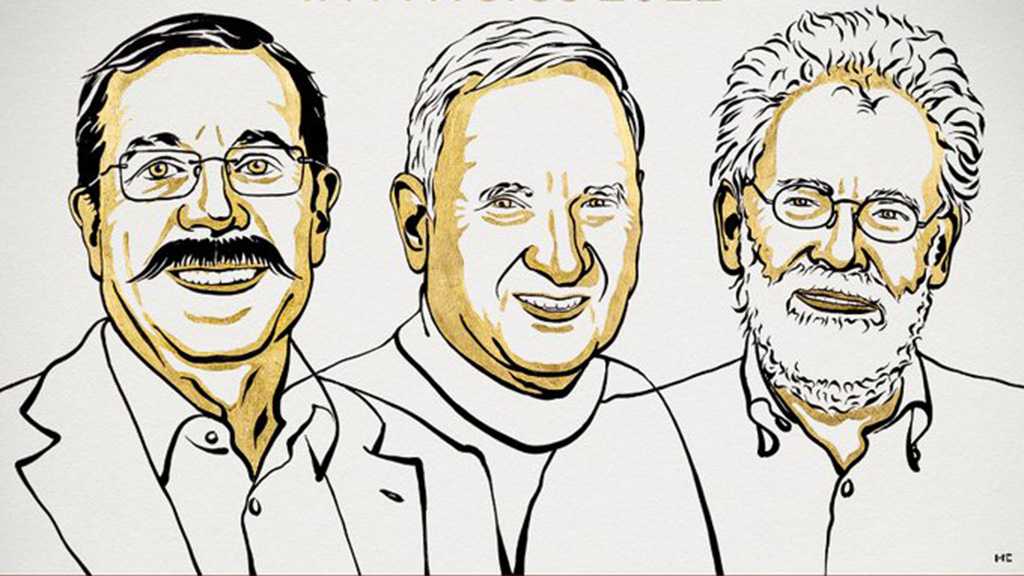
Trio Wins Physics Nobel for Quantum Mechanics Work

By Staff, Agencies
A trio of physicists on Tuesday won the Nobel Prize for discoveries in the field of quantum mechanics that have paved the way for quantum computers, networks and secure encrypted communication.
Alain Aspect of France, John Clauser of the United States and Austria's Anton Zeilinger were honored "for experiments with entangled photons, establishing the violation of Bell inequalities and pioneering quantum information science," the Physics Prize jury said in a statement.
Each scientist "conducted groundbreaking experiments using entangled quantum states, where two particles behave like a single unit even when they are separated," the committee said, adding that the "results have cleared the way for new technology based upon quantum information."
"It has become increasingly clear that a new kind of quantum technology is emerging," Anders Irback, chair of the Nobel Committee for Physics, said in a statement.
Albert Einstein and two other physicists first brought up the idea of quantum entanglement in 1935, in a thought experiment that became known as the EPR paradox.
It involved two or more particles that existed in an "entangled" state, which means that what happens to one determines what happens to the other – even if they are far apart, something Einstein dismissed as "spooky action at a distance."
Clauser, a research physicist based in California, and Aspect, professor at the Universite Paris-Saclay, were singled out for their developments on the work of John Stewart Bell, who in the 1960s "developed the mathematical inequality that is named after him."
Comments
- Related News



